Microsoft provides Power Automate (Flow), Logic Apps, Azure Functions and WebJobs in order to solve integration problems and automate business processes. These services can all define input, actions, conditions, and output. You can run each of them on a schedule or trigger and you don’t have to choose just one of them. They integrate with each other as well as they do with external services. Each service has unique advantages, and this article explains the differences.
- Low-code, or codeless automation tool
- Gets web services (connectors) to talk to each other
- Easy to setup sophisticated logic
- Extensive library of prebuilt flows, also known as templates
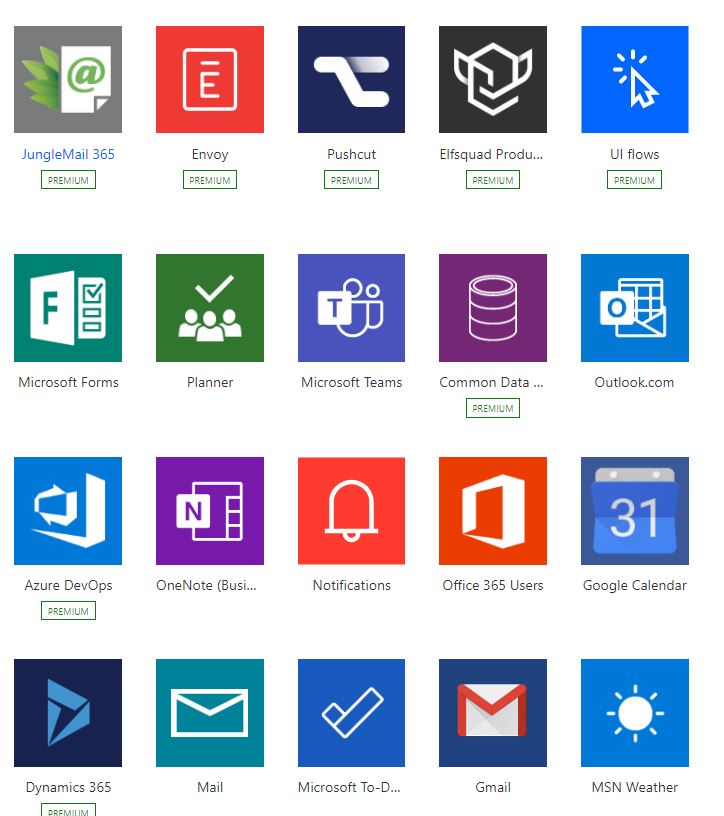
The strengths of Power Automate
- Self-service for business users
- In-Browser editor
- Connects Azure services to other SaaS services like Github and Dropbox
Logic Apps
- Like Power Automate, but for Azure Developers
- For mission-critical apps
- Better security and auditing because it’s built into the Azure portal
- More frequent checks than Power Automate
- Integrates with Azure Services
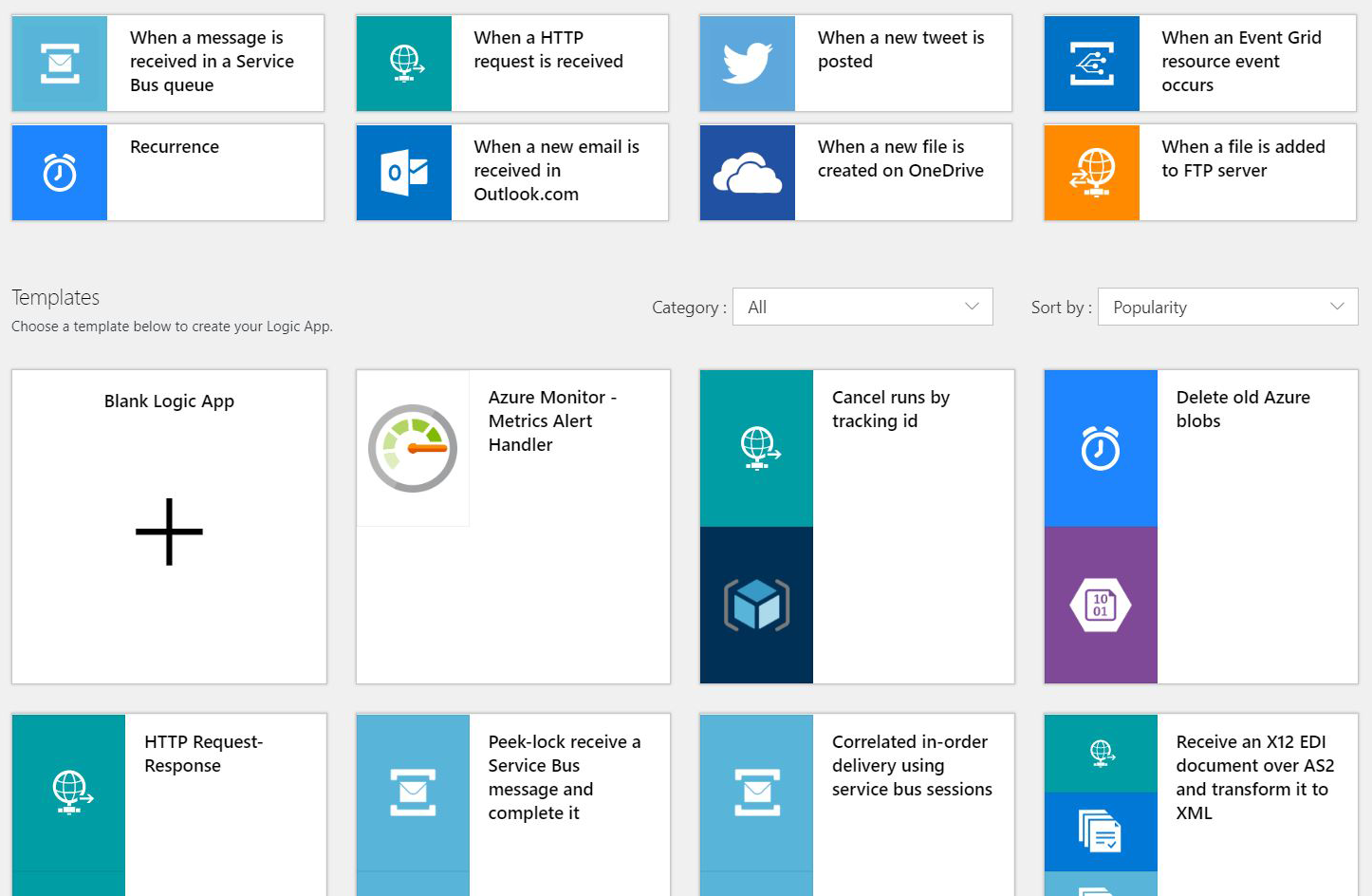
The strengths of Logic Apps
- Same easy to use editor as Power Automate
- Azure security model
- Can call Azure functions from Logic Apps
- Can use source control to maintain codebase
Azure WebJobs
- Azure functions are built on top of WebJobs
- Supports C#, F#, Node.js, Python, Bash, Java and PHP
- Run scripts or background processes in the context of an App service Web App
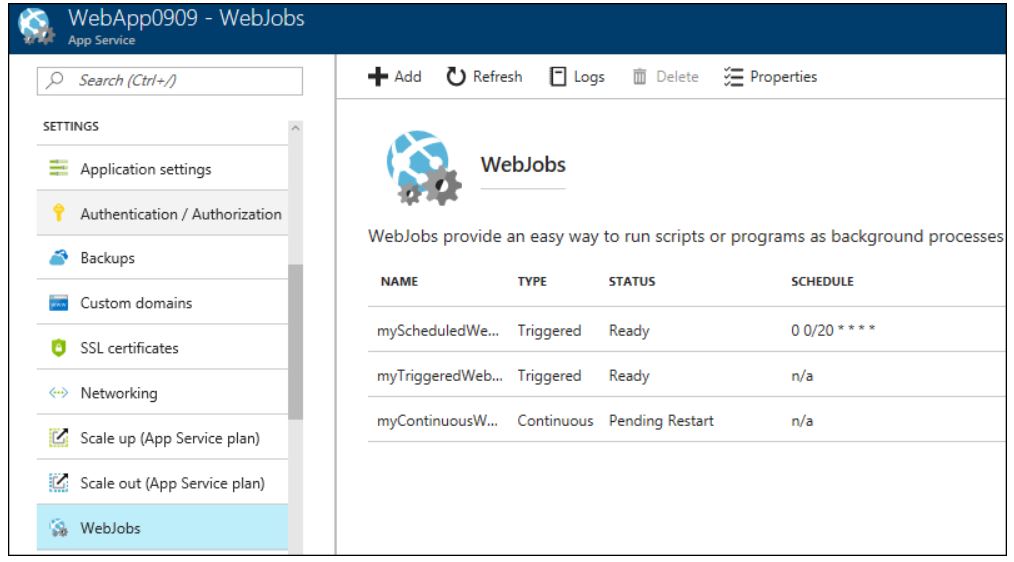
The strengths of Azure WebJobs
- Write and deploy your code with Visual Studio
- Can step through the code in a debugger
- Supports Nuget and NPM packages
Azure Functions
- A solution for running small pieces of code in the cloud
- Write just code your need for the task
- Use C#, F#, Python, JavaScript (Node.js) or PHP
- Pay only for the time your code runs
- Azure will scale your functions as needed
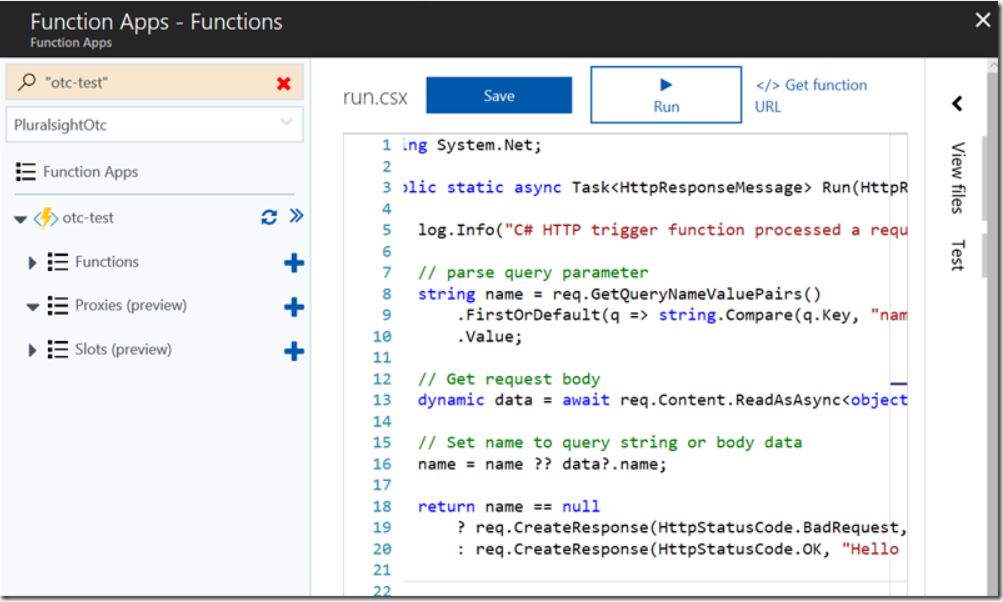
The strengths of Azure Functions
- Unlimited scalability
- Simplified development
- DevOps friendly
- All the power of Azure Web Apps are available in Azure Functions
Comparison of Power Automate, Logic Apps, WebJobs and Azure Functions
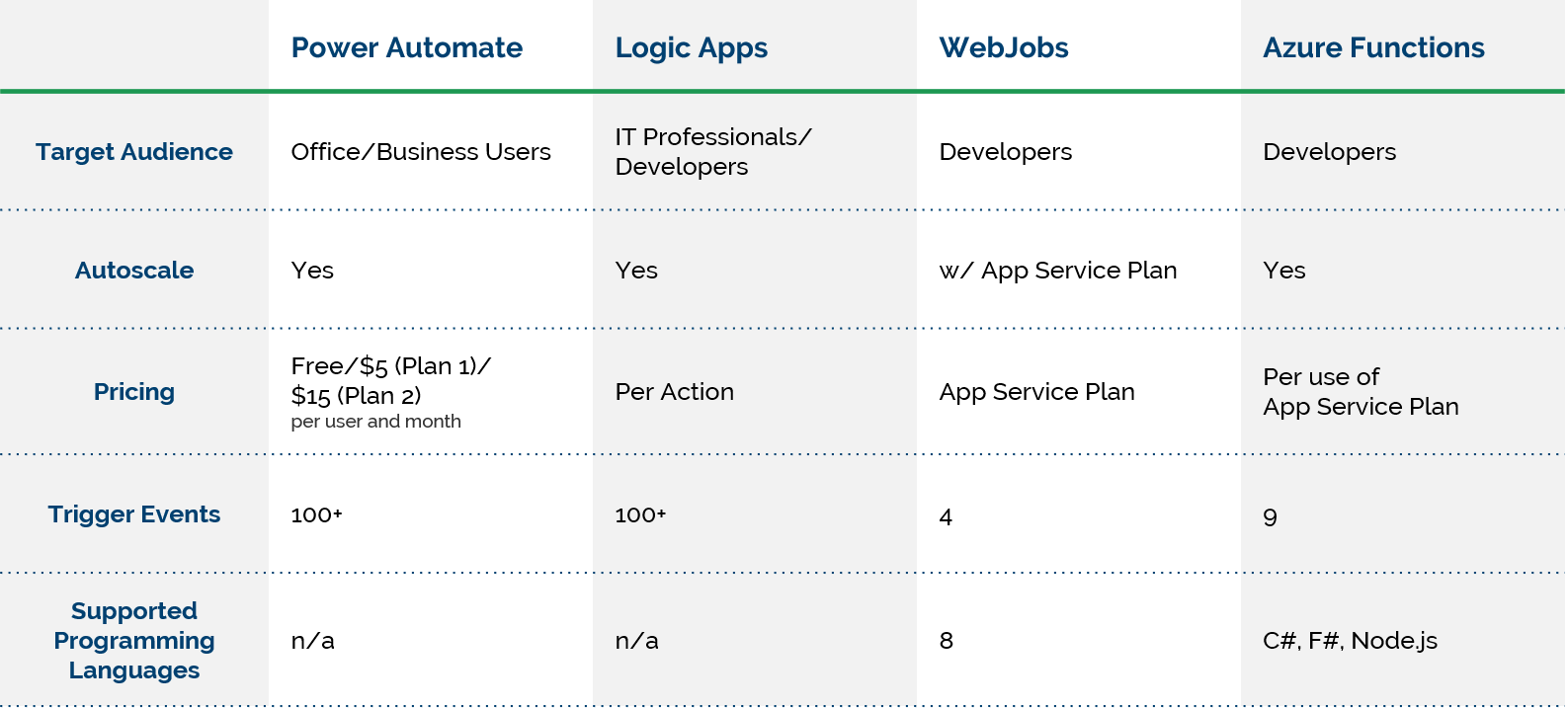
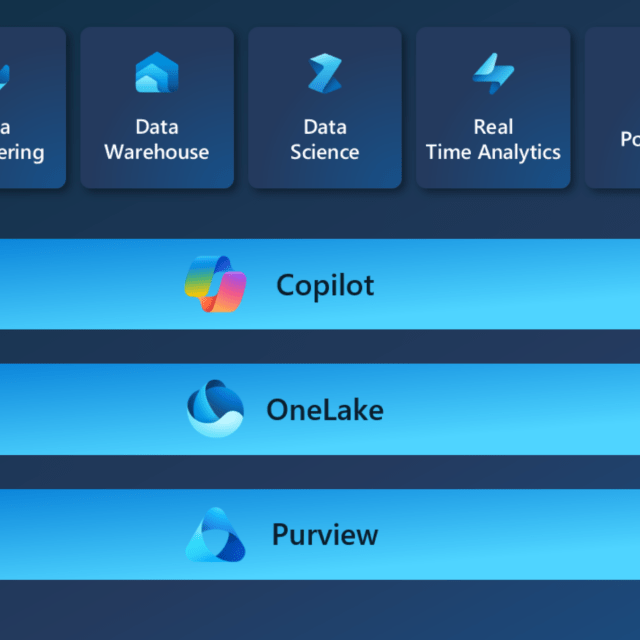


Microsoft provides Power Automate (Flow), Logic Apps, Azure Functions and WebJobs in order to solve integration problems and automate business processes. These services can all define input, actions, conditions, and output. You can run each of them on a schedule or trigger and you don’t have to choose just one of them. They integrate with each other as well as they do with external services. Each service has unique advantages, and this article explains the differences.
Microsoft Power Automate (formerly known as Microsoft Flow)
The strengths of Power Automate
Logic Apps
The strengths of Logic Apps
Azure WebJobs
The strengths of Azure WebJobs
Azure Functions
The strengths of Azure Functions
Comparison of Power Automate, Logic Apps, WebJobs and Azure Functions